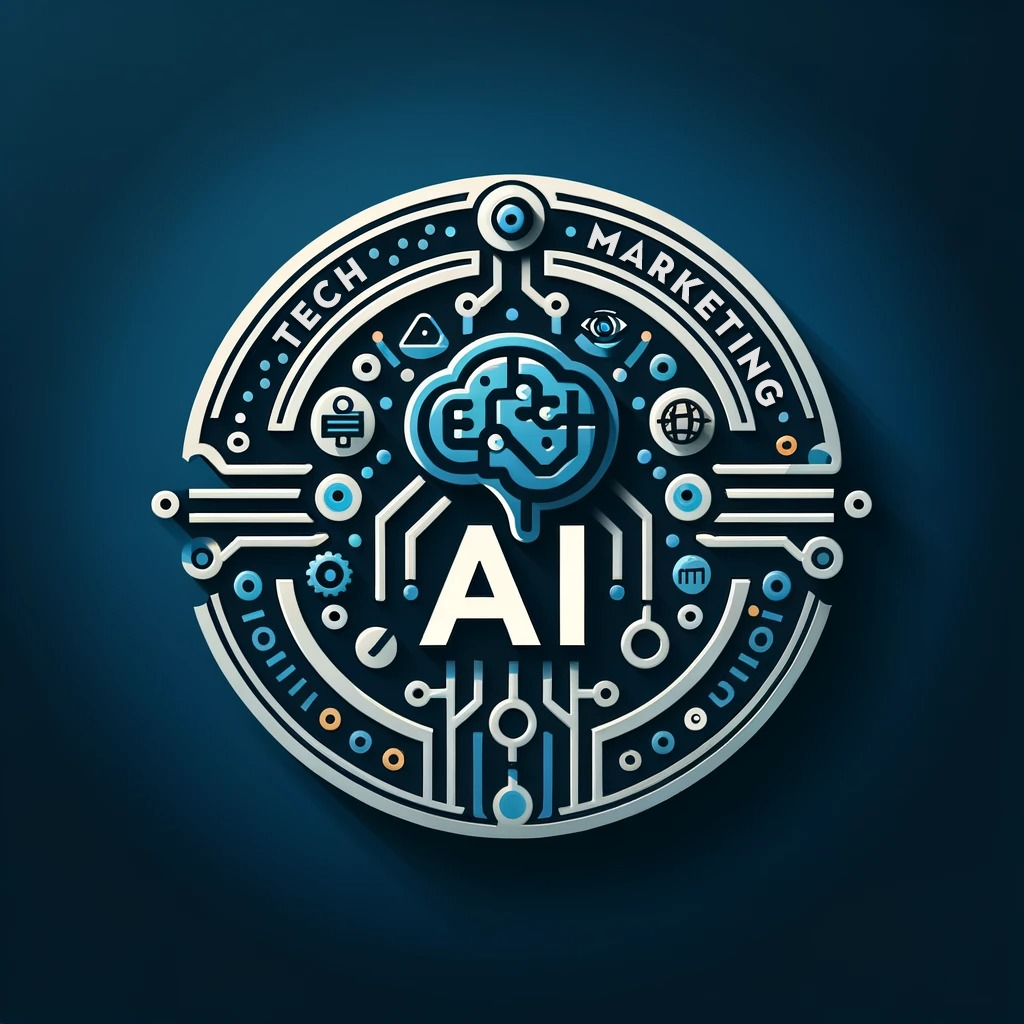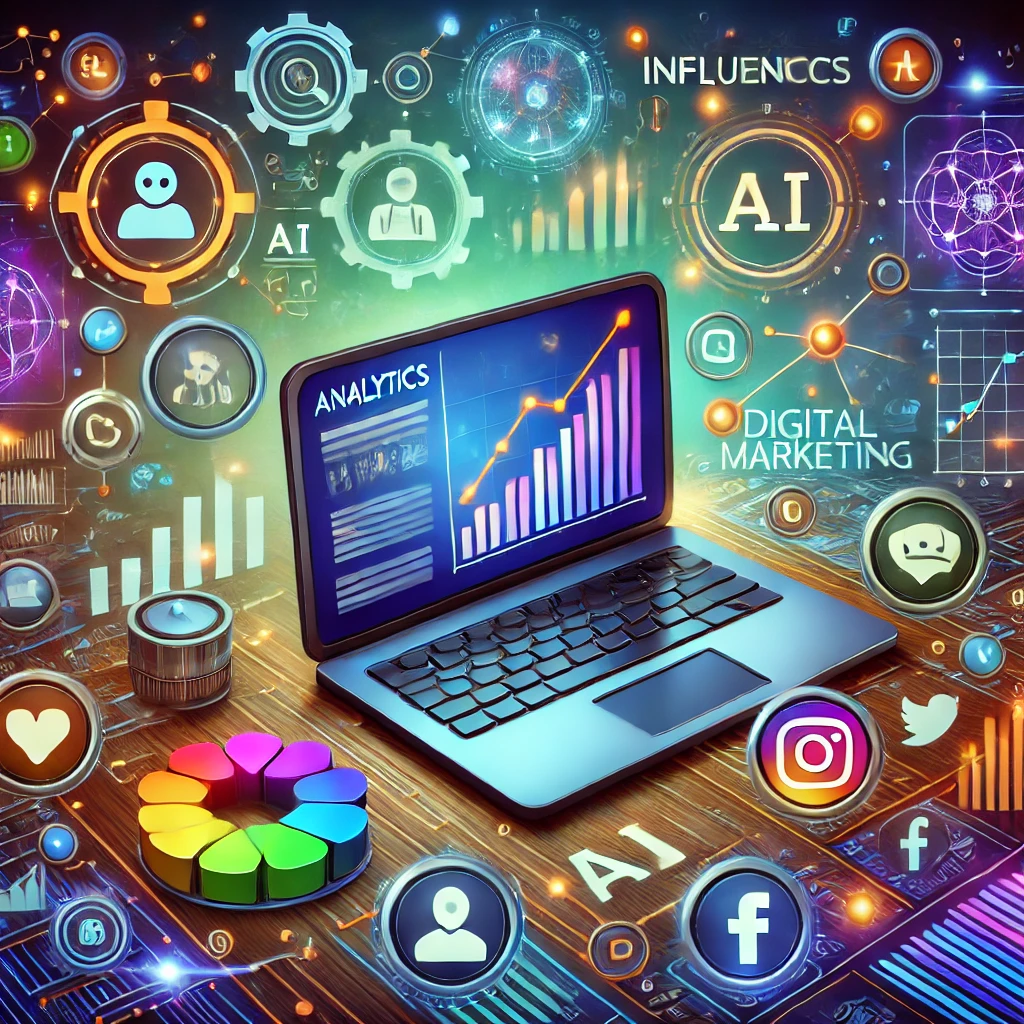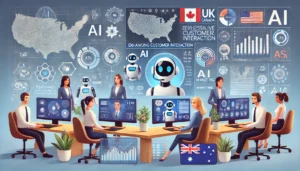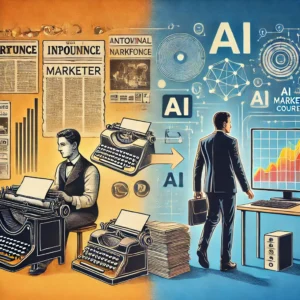In the ever-evolving digital marketing landscape, influencer marketing has become a cornerstone of effective campaigns. However, identifying the right influencers to partner with remains a challenge for many brands. This is where Artificial Intelligence (AI) steps in, revolutionizing how brands find, evaluate, and collaborate with influencers. Leveraging AI can save time, increase accuracy, and ensure that partnerships yield optimal results.
The Role of AI in Influencer Marketing
AI has redefined the traditional influencer selection process, moving beyond mere follower counts and superficial metrics. Through sophisticated algorithms and data analysis, AI enables brands to make informed decisions based on a variety of factors:
- Audience Analysis: AI tools provide in-depth insights into influencer audiences, such as demographics, interests, and behaviors.
- Engagement Metrics: AI evaluates engagement quality, identifying influencers with authentic and meaningful interactions.
- Sentiment Analysis: Using natural language processing (NLP), AI determines how audiences perceive an influencer’s content.
- Trend Prediction: AI identifies emerging influencers and trends, ensuring your brand stays ahead of the curve.
Key Benefits of AI in Influencer Selection
1. Enhanced Efficiency
AI-powered platforms streamline the influencer discovery process. Instead of sifting through thousands of profiles manually, AI algorithms quickly narrow down potential partners based on specific criteria.
2. Accurate Matching
AI tools match influencers with brands by analyzing shared values, target audiences, and content relevance. This ensures alignment between the brand and the influencer, maximizing campaign effectiveness.
3. Data-Driven Decision Making
AI provides actionable insights, enabling marketers to base decisions on data rather than intuition. Metrics such as follower authenticity, audience engagement, and past campaign performance are all factored in.
4. Cost Optimization
By identifying the most impactful influencers, AI helps brands allocate their budgets wisely, avoiding investments in influencers with inflated or irrelevant followings.
How AI Identifies the Right Partners
1. Audience Demographics and Psychographics
AI tools analyze an influencer’s audience to determine their demographic makeup (age, gender, location) and psychographics (interests, lifestyle, values). This ensures that the audience aligns with the brand’s target market.
2. Content Analysis
AI examines the influencer’s content style, tone, and relevance to the brand’s message. For instance, a brand promoting sustainability would benefit from influencers who consistently advocate eco-friendly practices.
3. Engagement Quality
It’s not just about likes and comments; AI evaluates the sentiment behind these interactions. An influencer with fewer but highly engaged followers may be more valuable than one with a large, passive audience.
4. Fraud Detection
AI detects fake followers and bots, ensuring that the influencer’s reach is authentic. This is crucial in maintaining the credibility of campaigns and ensuring a genuine return on investment.
AI Tools Revolutionizing Influencer Marketing
- Influencer Discovery Platforms Platforms like AspireIQ and Upfluence use AI to find influencers that match specific campaign goals. These platforms offer filters based on niche, location, audience demographics, and more.
- Engagement Analysis Tools Tools like HypeAuditor assess influencer engagement and detect fraudulent activity. They provide a clear picture of the influencer’s impact on their audience.
- Campaign Optimization AI-powered platforms track real-time campaign performance, suggesting adjustments to maximize ROI. For example, if an influencer’s post underperforms, the AI can recommend alternative strategies.
- Predictive Analytics AI uses historical data to forecast an influencer’s future performance, allowing brands to make informed predictions about campaign outcomes.
Challenges in AI-Driven Influencer Marketing
While AI offers incredible advantages, it’s not without challenges:
- Data Privacy Concerns AI tools often require access to large amounts of data, raising privacy concerns among users and influencers.
- Bias in Algorithms AI algorithms are only as good as the data they are trained on. Biased or incomplete data can lead to inaccurate recommendations.
- Human Touch AI lacks the ability to assess intangible factors like creativity and personality, which are critical in influencer marketing.
The Future of AI in Influencer Marketing
As AI continues to advance, its role in influencer marketing will only grow. Future developments may include:
- Virtual Influencers: AI-generated influencers that cater to niche audiences.
- Real-Time Sentiment Analysis: Advanced NLP tools to gauge audience reactions instantly.
- Dynamic Campaign Adjustments: AI tools that adapt campaigns based on real-time performance metrics.




